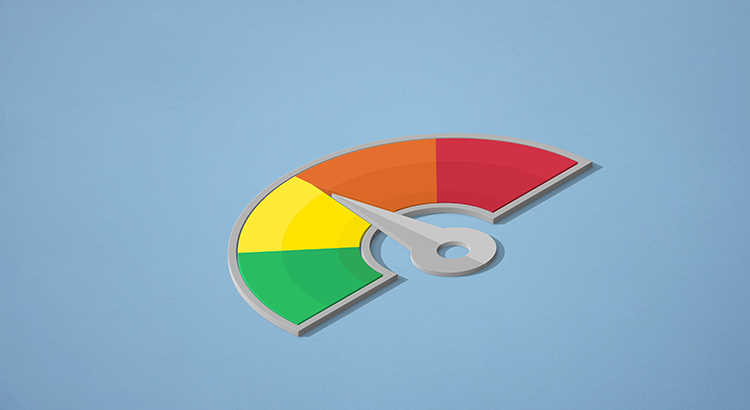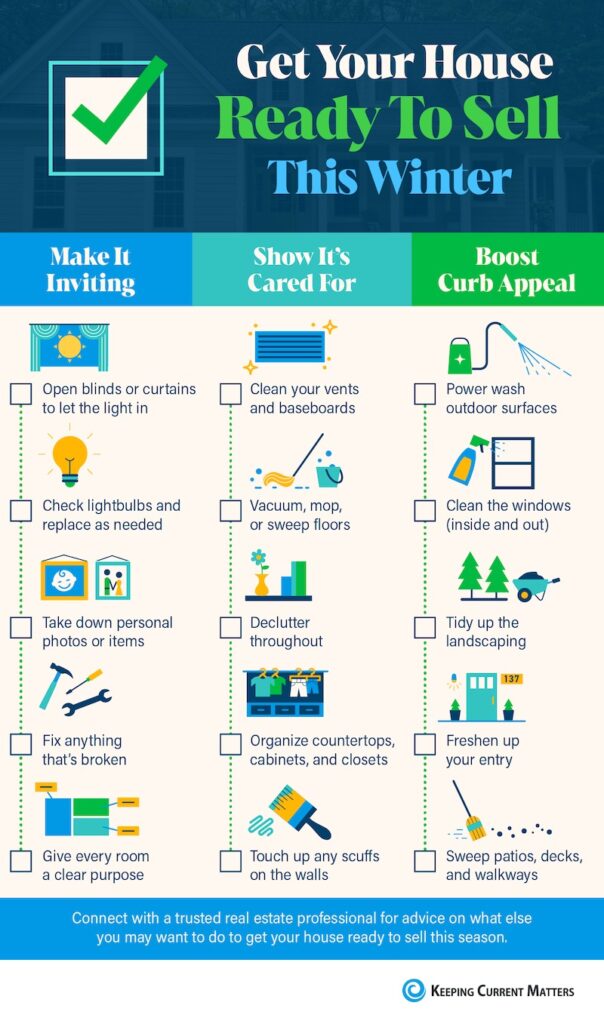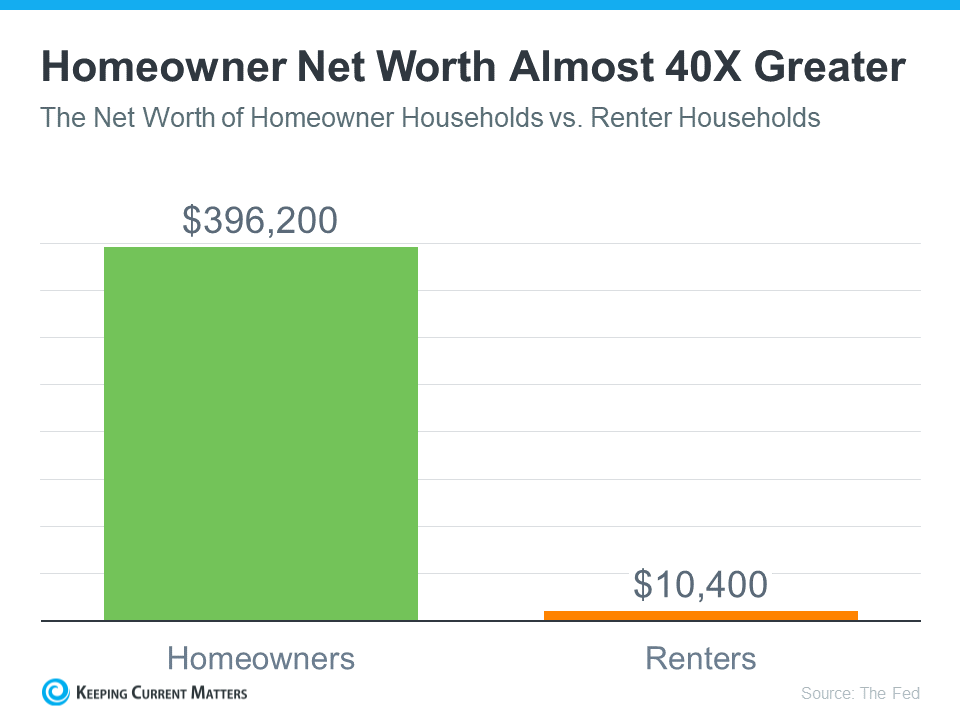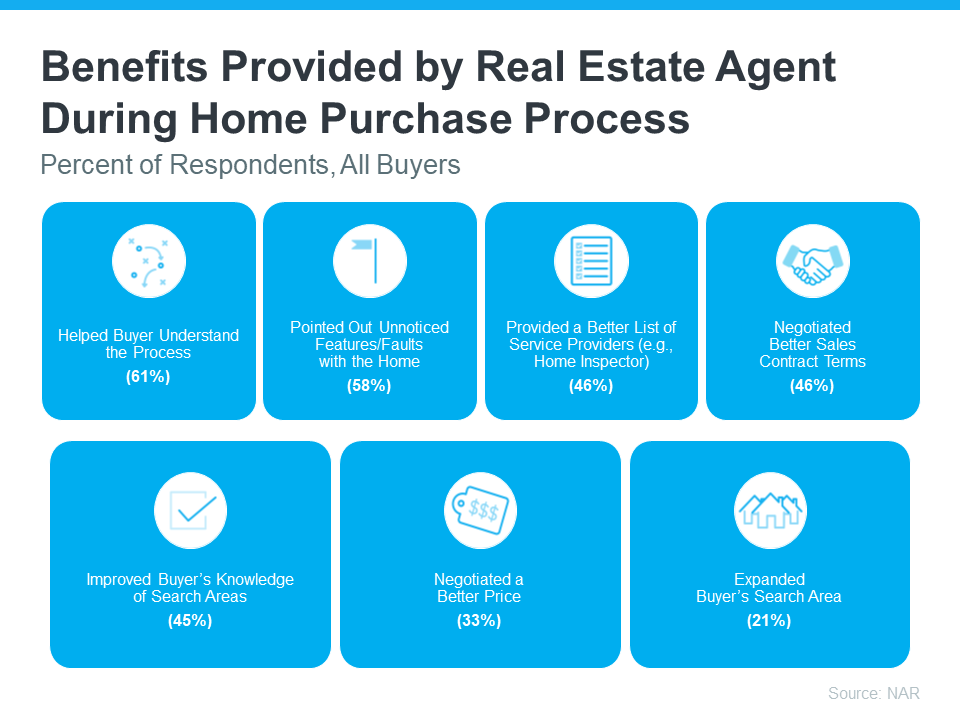
There’s no denying the long-term financial benefits of owning a home, but today’s housing market may have you wondering if now’s still the time to buy. While the financial aspects of homeownership are important, the non-financial and emotional reasons are too. Here’s why.
The word home truly means something different to everyone. Whether it’s sharing memories with loved ones around the kitchen table or settling in to read a book in your favorite chair, the emotional connections we have to our homes can be just as important as the financial ones. Here are some of the things that turn a house into a happy home.
1. You Can Be Proud of Your Accomplishment
Buying a home is a major life milestone. Whether you’re ready to buy your first home or your fifth, congratulations will be in order once you’ve achieved your goal. The sense of accomplishment you’ll feel at the end of your journey will truly make your home feel like your special place. Go ahead and smile – you’ve earned it.
2. You Have Your Own Designated Happy Place
Owning your home offers not only safety and security, but also a comfortable place where you can relax and unwind after a long day. Sometimes that’s just what you need to feel refreshed and recharged.
3. You Can Find the Space To Meet Your Needs
Whether you want more room for your changing lifestyle (like a large backyard for entertaining or room for a home office) or you simply want to move closer to your loved ones, you can invest in a home that truly works for your evolving needs.
4. You Can Customize Your Surroundings
Looking to try one of those decorative wall treatments you saw online? Tired of paying an additional pet deposit for your apartment building? Or maybe you want to create an in-house yoga studio. You can do these things and much more when you own your home.
Bottom Line
Whether you’re planning to buy your first home, or you’re ready to move into a different one to meet your changing needs, think about the emotional benefits that can turn a house into a happy home. When you’re ready to make a move, connect with a local real estate advisor.










